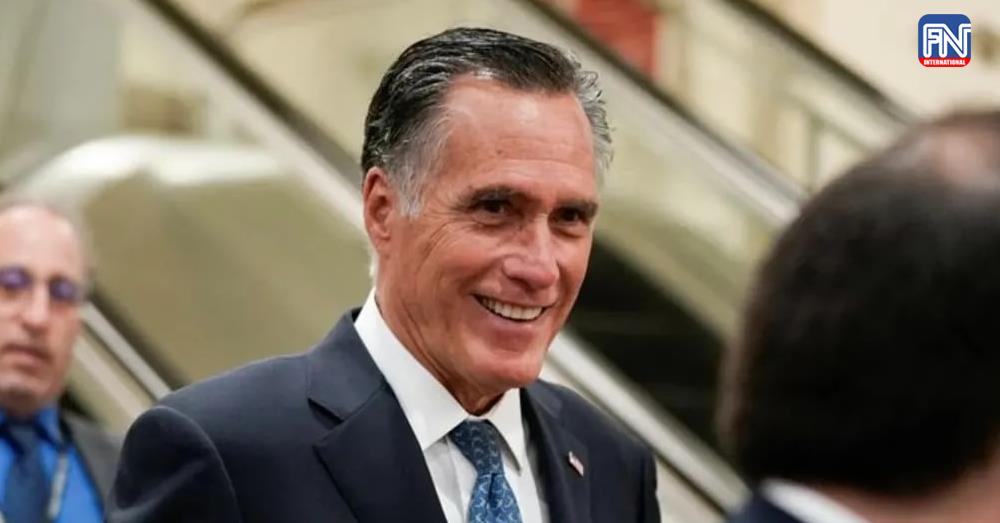WASHINGTON, April 4 (Reuters) - An agreement to provide US$10 billion in US funding for COVID-19 aid has been reached in the Senate, lawmakers said on Monday (Apr 4).
Senate Majority Leader Chuck Schumer, the top Democrat in the chamber, and Republican Senator Mitt Romney hailed the deal, but Schumer said he was disappointed that an agreement on US$5 billion of global health funding had not also been reached.
The deal provides US$10 billion in funding for COVID-19 needs and therapeutics by repurposing unspent COVID-19 funds. It is well below the US$22.5 billion the Biden administration had sought.
Senate Republicans demanded any new requests for COVID funding be paid for by repurposing existing funds from prior COVID-19 relief funds. Romney said the deal repurposes "US$10 billion to provide needed domestic COVID-19 health response tools".
The White House said it was "grateful for the Senate's work on a bipartisan plan to help meet some of the country's COVID-19 response needs" but still wants more funding.
It urged Congress "to move promptly on this US$10 billion package because it can begin to fund the most immediate needs, as we currently run the risk of not having some critical tools like treatments and tests starting in May and June."
Schumer said the Bill provides "urgently needed funding to purchase vaccines and therapeutics, maintain access to testing and accelerate the work on next generation vaccine research".
Romney noted the agreement does not include funding for the US global vaccination programme, but he said he is "willing to explore a fiscally-responsible solution".
The Bill cuts US$2.31 billion from a COVID-19 programme to boost aviation manufacturing and repair businesses. The US Transportation Department offered US$673 million nationwide in three rounds of awards in the US$3 billion programme to support aviation jobs. Some major aerospace companies like Boeing and General Electric opted not to participate.
It also eliminates nearly US$2 billion in grant funding for shuttered venues like live performance venues, museums, and movie theatres. The programme stopped taking applications in August.





